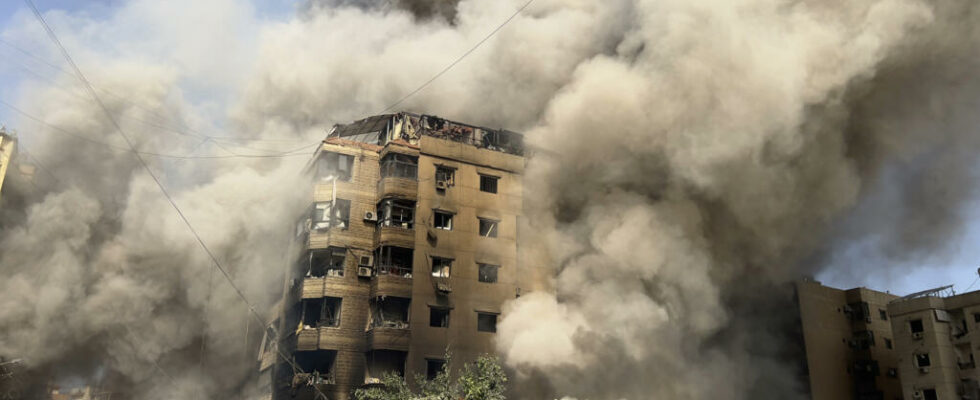Lebanon’s finances are in the red. Already affected by an economic crisis for several years, the country risks suffering the consequences of the war with Israel even more harshly. Sectors, such as agriculture, have been particularly affected since the start of the clashes. These have continued to intensify since Monday September 23, reaching their climax with the death of Hezbollah leader Hassan Nasrallah on Friday September 27.
2 mins
Crops are devastated, forests are burned and agricultural land is destroyed. In the south of Lebanon, tens of thousands of olive trees were lost. Exports of fruit and citrus fruits fell by 60%, according to the Statistics Lebanon institute. Just like the very fertile Bekaa plain, also targeted by Israel, the south of the country is central for the country’s food production and the region derives 80% of its income from agriculture.
Factories and businesses were also destroyed in the Dahyieh district, south of Beirut. The conflict with Israel only makes an already catastrophic situation worse.
“ This war only deepens the economic crisis »
“ Dahyieh is made up of approximately 500,000 to 600,000 people, it is a large population. Consumption has fallen sharply, of course. Arrivals, whether of Lebanese or foreigners in the country, have been greatly reduced, and this, since this fall, explains Joseph Daher, professor at the University of Lausanne. And again, this has accelerated in the last ten days, affecting tourism. We are very far from seeing a recovery in the Lebanese economy, unfortunately. And this war only deepens the economic crisis. »
Tourism revenues represent a third of Lebanese GDP.
In five years, the Lebanese pound has lost more than 98% of its valuerelative to the dollar. THE populations cannot keep up with record inflation which made basic commodities extremely expensive.
Also readLebanon calls for “national unity” and “civil peace” after community tensions due to strikes
